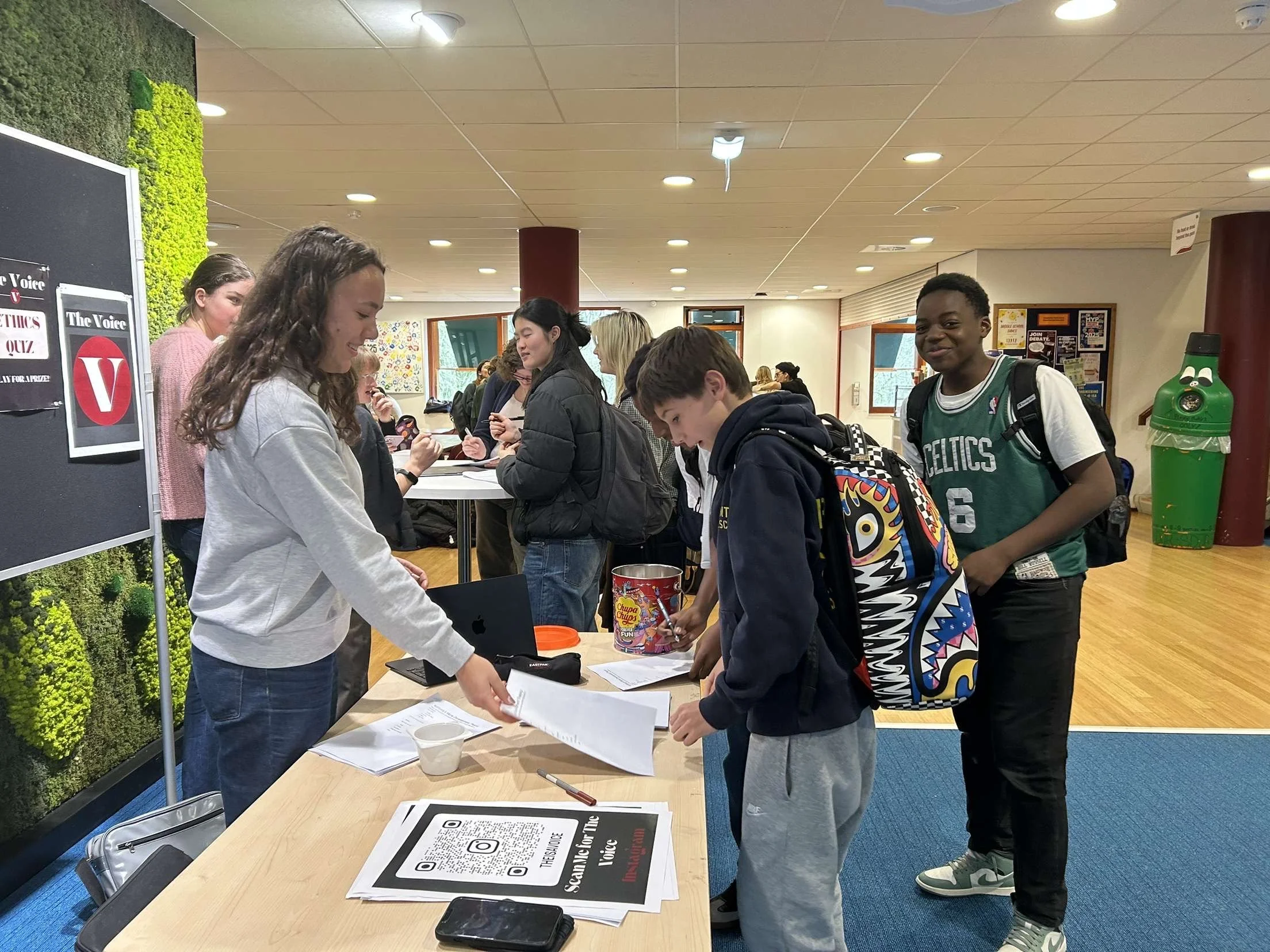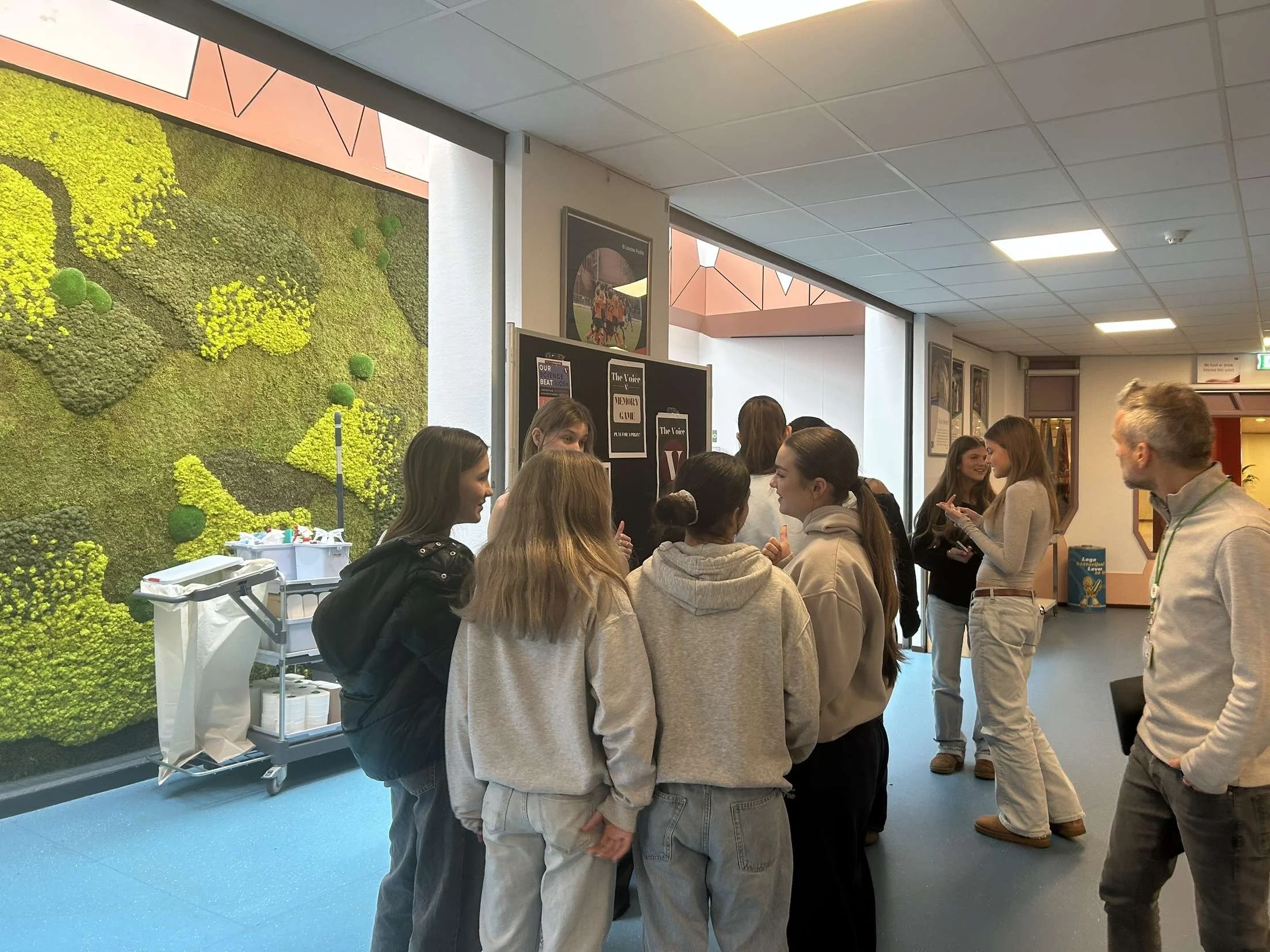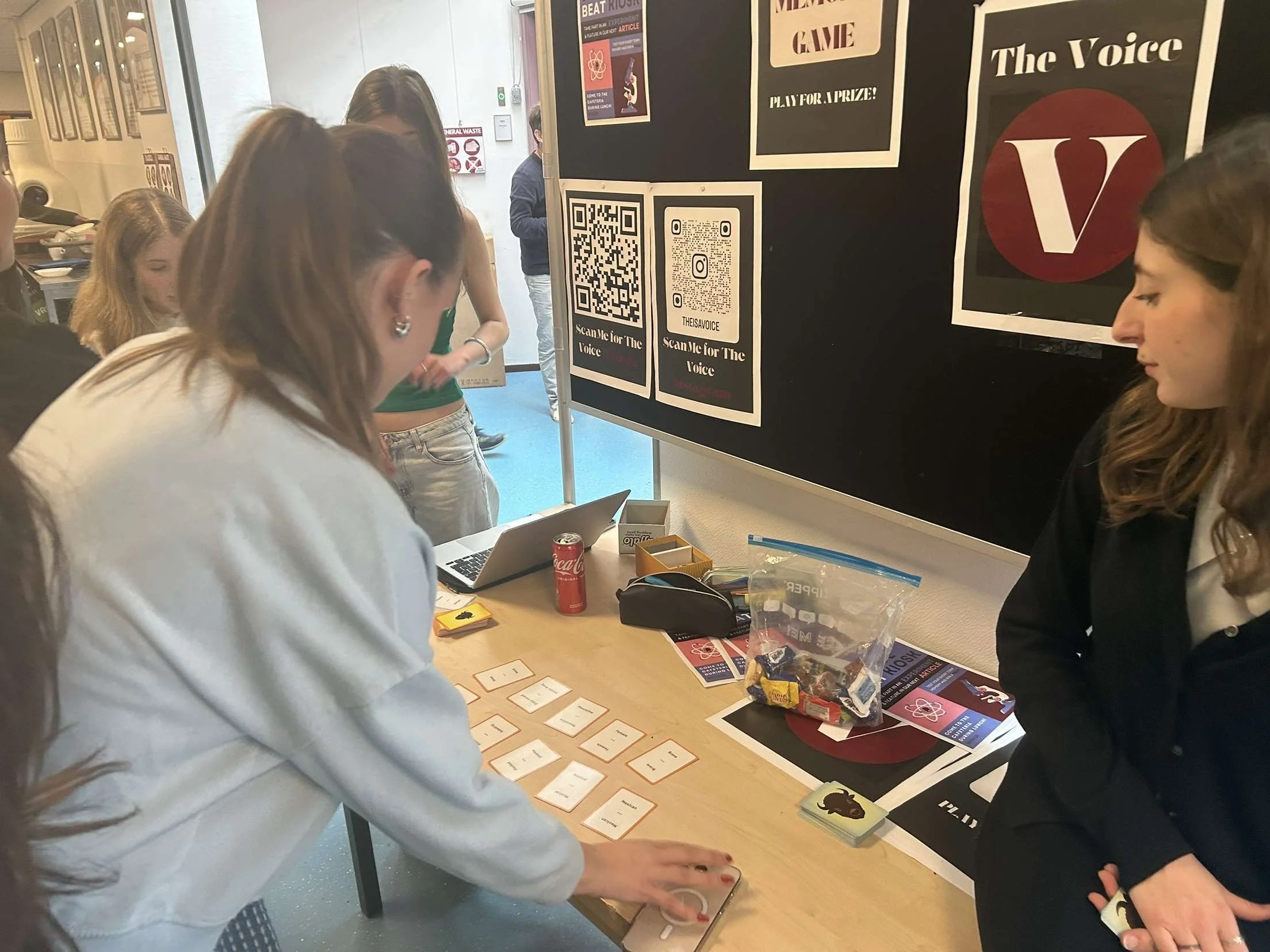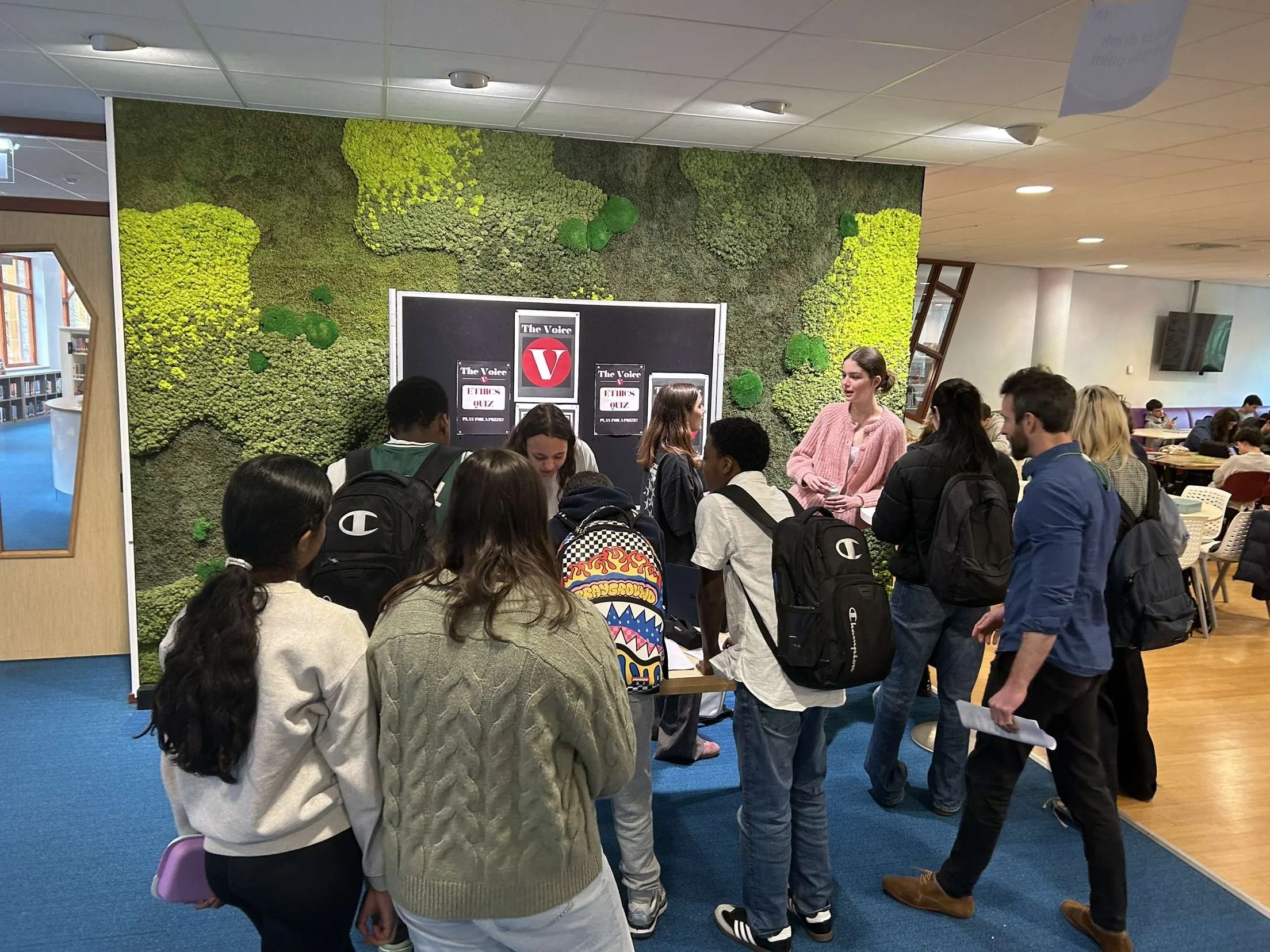What’s the Best Way to Memorise?
By Sabine Bos
Edited by Olivia Ural
As MYP and DP students, we all need the most efficient ways to lock the endless flow of new information within the four walls of our brains. For those of you taking higher-level Biology, I sympathize with the expectation to retain around 900 pages of content in under two years. The sheer weight of the textbook has left me searching for better study techniques as just revising my notes from videos by the Amoeba Sisters simply won’t cut it anymore. If you are taking any science, along with Economics, Business Management, or History, you may have also felt the urgency for better memorization strategies after this first semester. For those of you in MYP, it’s a good idea to keep these techniques in mind to ease the transition ahead.
How does our memory work?
Memory operates as a ‘dual-process’ that can be separated into 2 systems. System 1 encompasses our automatic and routine thought processes (i.e. memorization and recalling information). This system interacts with our more effortful and problem-based thought processes classified as system 2 (i.e. critical and creative thinking). Even though system 2 deals with more complex cognitive activities, it relies on system 1 to operate, making them equally essential. System 1 is associated with our memory which functions using 4 main steps:
Attention: information first enters your brain through sensory receptors. However, only when you consciously perceive information will it move on to the next step.
Encoding: the information you take in is then altered for storage through visual, (look), acoustic (sound), semantic (meaning), and tactile (feeling) encoding.
Storage: This process determines how long and how much-encoded information is retained within the memory system, where it can either be stored in our short-term or long-term memory. Acoustically encoded information - what we hear - is mostly stored in the short term. It only makes its way to the long term through constant repetition/rehearsal.
Retrieval: once stored, we need to retrieve the information to make use of it. This retrieval process often determines how well a student performs on the paper 1 exam for the sciences, the short answer questions in the paper 2 economics exam, etc. To retrieve information from short-term memory, we recall it in the order it’s stored (e.g. a list of numbers). On the other hand, information in long-term memory is retrieved through association, where one piece of information is used to access a stored memory (e.g. hearing the tune of a favorite childhood song and instantly remembering the lyrics).
Findings From the Kiosk Experiment on Short-Term Memory
Short-term memory only lasts 15-30 seconds and only stores 5-9 items at a time. The Science Beat put this to the test during our lunchtime kiosk on the 30th of January. Isabella Pardo, Guy Gadot, Ipek Karaer, Camille Fagan, Johan Haeusler, and Greta Spada each managed to exceed the (average) maximum short-term storage capacity. These 6 volunteers demonstrated exceptional memory, and thank you to all the students who stopped by the kiosk. We appreciate your engagement and participation!
Recommended Strategies
Chunking: Break down complex concepts into smaller, more manageable chunks. Group related information together rather than trying to memorize everything at once. This is especially helpful when memorizing scientific processes and historical dates.
Building technique: Connect new knowledge to facts and information you already know and understand from lower school, MYP, and outside of school.
Mnemonics: Use creative memory aids for key concepts. For example, ROIGBIV for the colors of the rainbow, or Katy Perry Came Over For Good Soup (Kingdom, Phylum, Class, Order, Family, Genus, Species) to remember the traditional classification hierarchy for biology.
Active Recall and Spaced Repetition: Regularly quiz yourself using flashcards and space out your review sessions over time to strengthen retention. Quizlet and BrainScapes are great resources for making online flashcards.
Works Cited
“Improve Your Memory to Improve Your IB Score.” Lanterna Education, https://lanterna.com/blog/improve-your-memory-remember-your-studies-higher-ib-score/. Accessed 3 February 2025.
McLeod, Saul. “Memory Stages In Psychology: Encoding Storage & Retrieval.” Simply Psychology, 16 June 2023, https://www.simplypsychology.org/memory.html#Criticisms-of-Memory-Experiments. Accessed 3 February 2025.
“10 Memorization Techniques to Boost Your Brainpower [2025] • Asana.” Asana, 4 January 2025, https://asana.com/resources/memorization-techniques. Accessed 3 February 2025.




